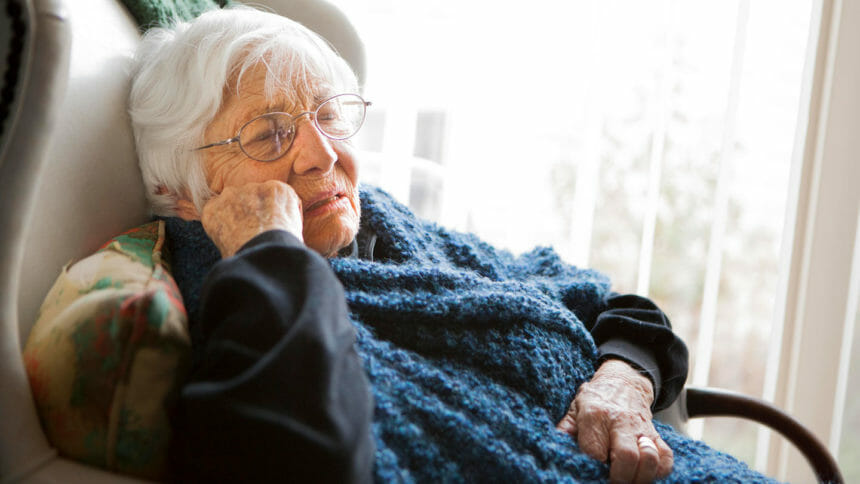
Perceived fatigue after engaging in certain physical activities can predict the likelihood of death within three years, investigators say.
More than 2,900 senior study participants used a standardized measurement called the Pittsburgh Fatigability Scale to rank from 0 to 5 points how tired they thought or imagined they would be after various activities. These included a leisurely 30-minute walk, light housework or heavy gardening.
Participants who scored 25 points or higher were more than twice as likely to die within the 2.7-year follow-up period when compared to participants who scored below 25, reported Nancy W. Glynn, Ph.D., of the University of Pittsburgh. The follow-up period ended before the start of the COVID-19 pandemic.
Glynn recommends that people boost their daily activity to decrease their fatigability levels.
“There has been research showing that people who increase their physical activity can decrease their fatigability score,” said Glynn, a physical activity epidemiologist. “And one of the best ways to increase physical activity — which simply means moving more — is by setting manageable goals and starting a routine, like a regular walk or scheduled exercise.”
The study also demonstrated the value of the Pittsburgh Fatigability Scale, the researchers said. The scale was developed in 2014 and has since been translated into 11 languages.
The study was published in the Journals of Gerontology, Series A.



